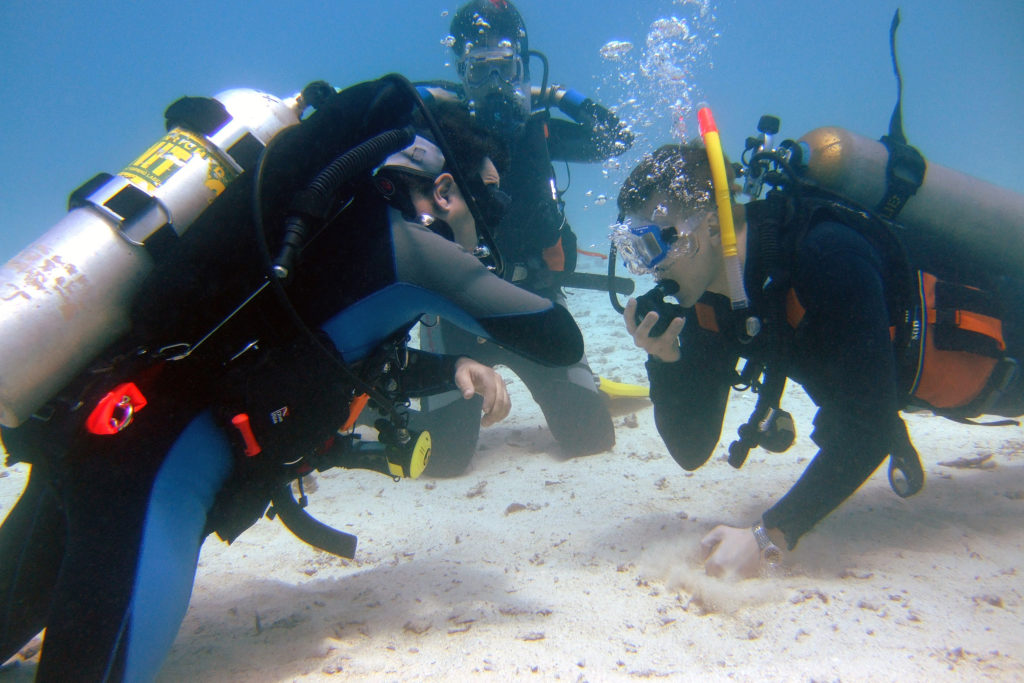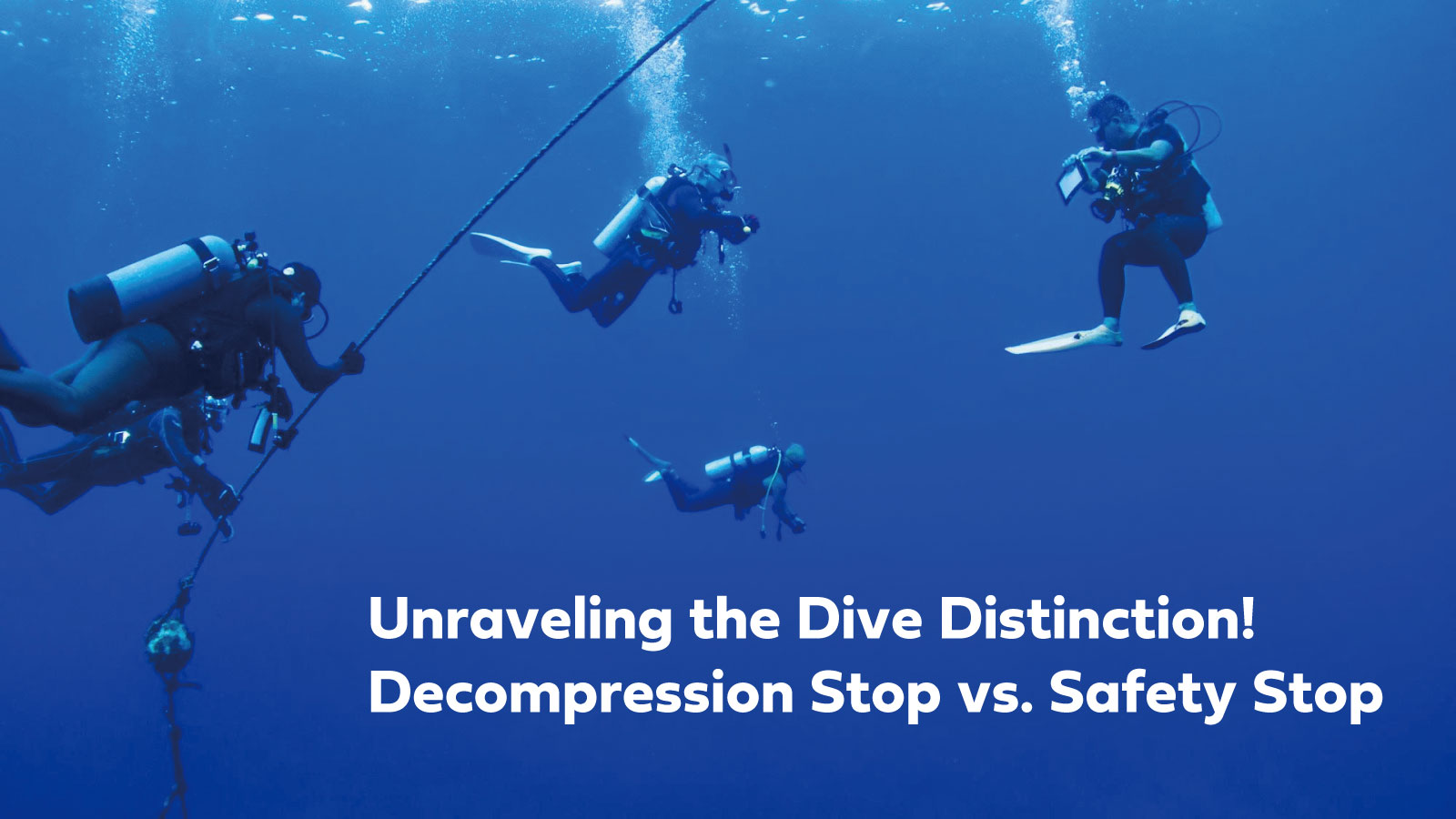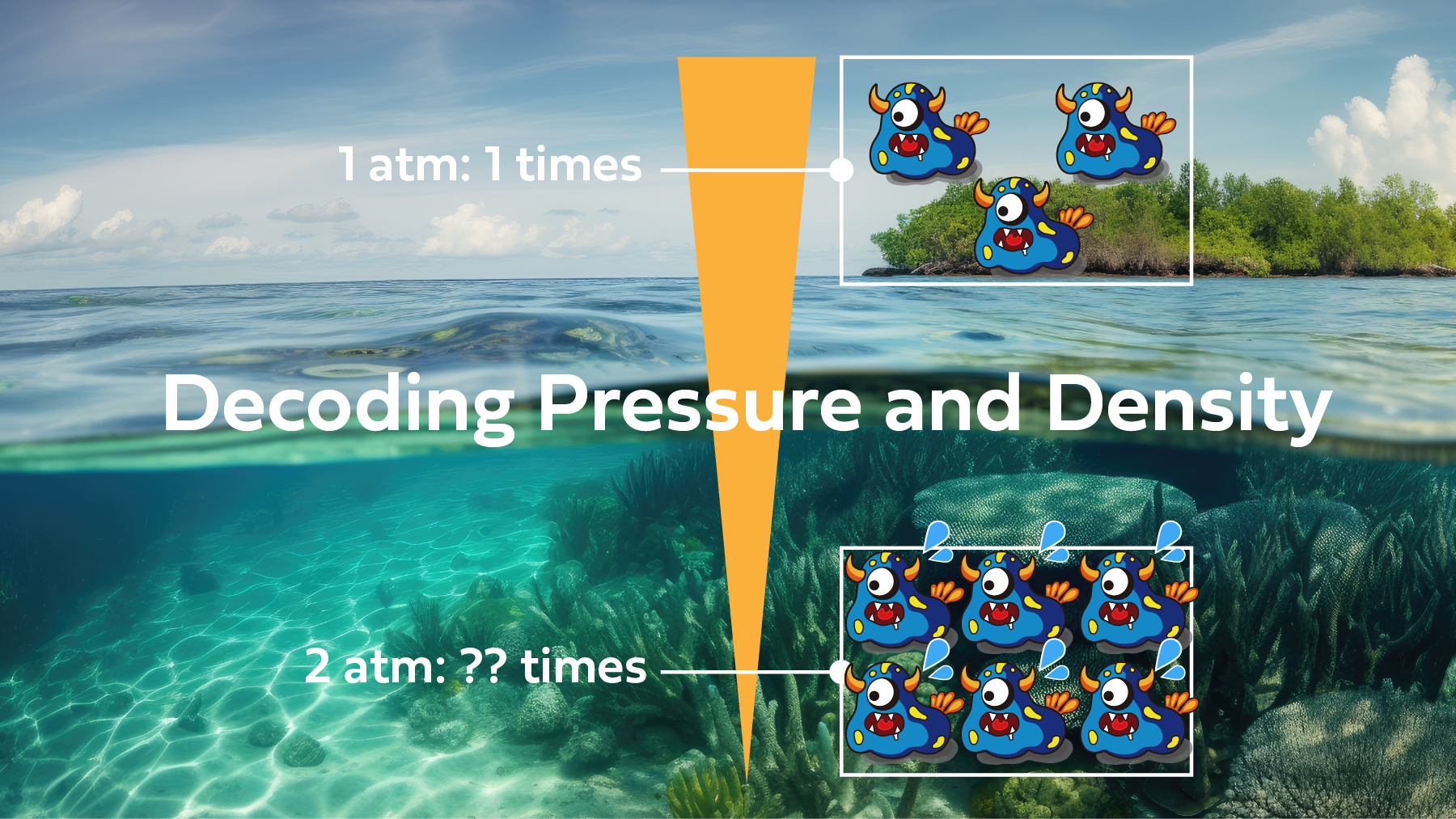
Hey, fellow divers! We all want to make the most of our time underwater, right?
Picture this: You’re diving with your team, and oops, you start feeling a little guilty because your air supply is running low compared to the others. It happens!
We will talk about the smart ways to manage your air in a different coming article, so be sure to check it out.
But here’s the thing: Some divers out there are trying to save air using techniques that just won’t cut it…
Enter one of them – skip breathing
What is skip breathing? Is it worth the hype?
We’ve all been there, eager to extend our dive time and make the most out of our underwater adventures.
Now, during a typical dive, we’re taught the basics: Inhale slowly and exhale slowly. Piece of cake, isn’t it?
But hold on, here comes this thing called skip breathing. It’s a whole different ball game!
You inhale slowly, hold your breath for a moment, exhale slowly, and then hold it again. Sounds intriguing, doesn’t it?
Believe it or not, many beginner divers have given skip breathing a shot. Maybe you’re nodding along because you’ve been there too?

I even have myself fell for it as a newbie. Lesson learned the hard way, trust me!
Now, you might wonder, why isn’t skip breathing the secret air-saving technique we hoped for? After all, taking pauses in our breaths seems like a clever strategy, right? So, let’s dive into the reasons why it’s not as effective as it may seem!
Does it help?
Let’s get real about breathing underwater. Did you know that the uncomfortable feeling we experience isn’t due to the lack of oxygen? It’s all about the hidden buildup of carbon dioxide!
Herein lies the problem with skip breathing: Holding your breath causes an increase in carbon dioxide levels within your body. And guess what that means? Your body craves more oxygen than usual. Sneaky, right?
Even if you think you’re keeping up with your regular breathing pace, your breathing rate unknowingly goes up. Thus, skipping breaths won’t save you any precious air.
It might be hard to believe. But trust me, I’ve tried it myself and it didn’t work out as expected.
Now, don’t get me wrong. Skip breathing might save you a few breaths, perhaps around 10. But here’s the exciting part. By focusing on other techniques like adjusting your weights, achieving neutral buoyancy, minimizing unnecessary movements, and mastering proper diving skills, you could save up to 50 breaths! Talk about a significant difference!
Before you attempt skip breathing to save air, keep in mind that it can lead to an uncomfortable and unfamiliar sensation. Are you willing to take on that challenge? Or would you rather explore more effective methods to enhance your diving experience? The choice is yours.
The dangers of skip breathing: Oxygen Deprivation
When you practice skip breathing, your body doesn’t get enough ventilation. It will cause a mild form of oxygen deprivation. This means your body doesn’t have the right amount of oxygen it needs. Even a mild form of oxygen deprivation can cause ongoing problems like headaches and nausea. They may both appear during and after your dive.
I remember when I first started diving when I was in Junior High. I sometimes had headaches, felt sick, and even got sleepy. I can’t say for sure if skip breathing caused these issues. Considering the symptoms and the common desire to impress others (we’ve all been there), skip breathing, and the lack of oxygen were likely responsible.
If you ignore this condition and continue enduring it, the symptoms can worsen and lead to more serious problems.
That’s why we must stop using skip breathing!
It’s crucial to remember it is not acceptable to pretend having more air than you do out of embarrassment. Dive guides don’t trust you with good intention. They ask about your air and casually keep an eye on it without you even noticing.
I’ve seen some divers trying to hide their pressure gauges by pointing them towards their bodies. They may be embarrassed. But guess what? It only makes others suspicious. If I were the dive guide, I wouldn’t ask them about their air—I’d ask them to show me their gauge. That’s when their little trick wouldn’t work.
Believe me, it would be way more embarrassing if you got caught trying to deceive others.
Everyone’s air consumption is different based on their experience and body. Having a faster air consumption rate is nothing to be ashamed of. If you know about it, you can plan your dive accordingly. If you feel like you use up air too fast, it’s better to admit it before diving. And during the dive, instead of trying too hard to save air, be honest and report your remaining pressure.
That way, both you and everyone else can enjoy diving to the fullest!






